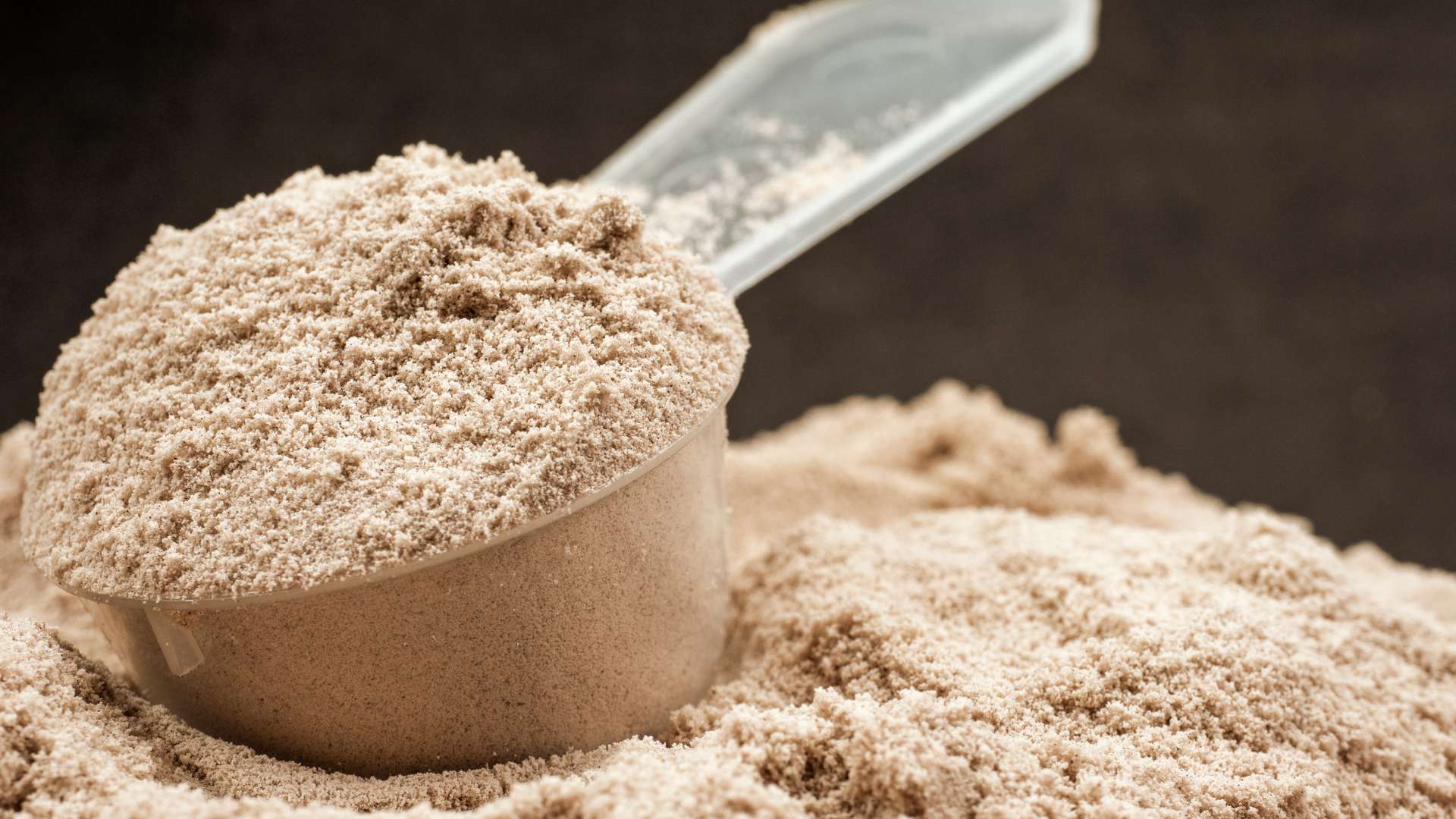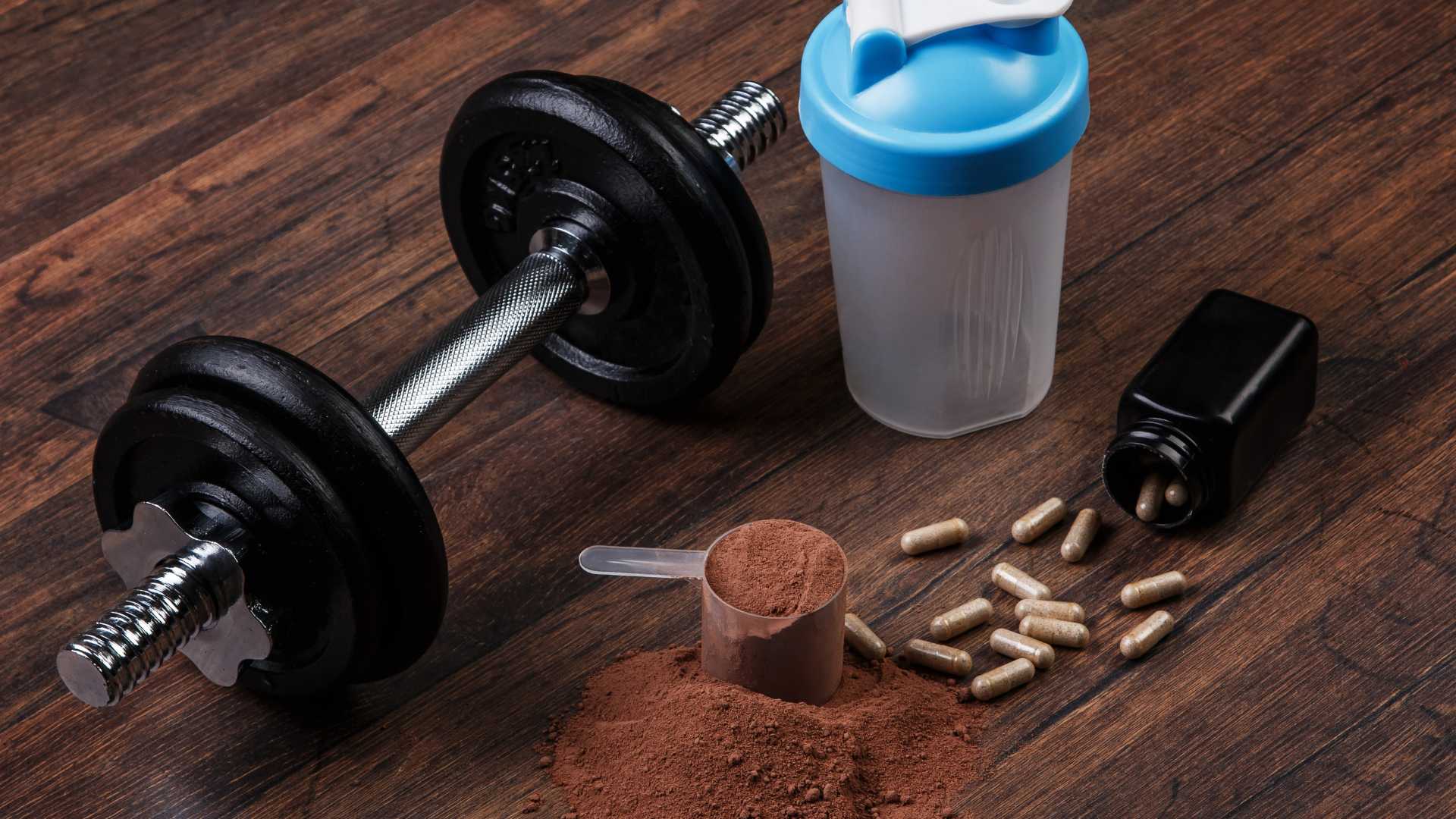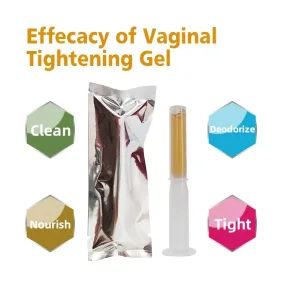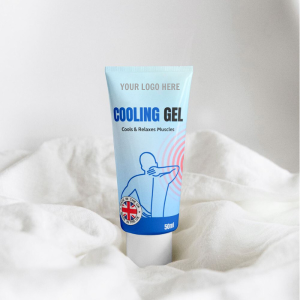Delve into the whey factory supplements, where quality shapes your journey to optimal well-being. Explore the unique aspects that make these supplements a cornerstone for enhanced fitness.
Definition of whey supplements
Whey supplements are protein-rich products derived from milk during cheese production. They offer a convenient and efficient way to increase protein intake, aiding muscle development and recovery. With a complete amino acid profile, whey is easily digestible and quickly absorbed by the body. It’s a popular choice among athletes and fitness enthusiasts for its effectiveness in supporting muscle growth and repair.
Types of whey supplements
Whey supplements come in various types, each offering distinct benefits. The main categories include whey protein concentrate (WPC), whey protein isolate (WPI), and whey protein hydrolysate (WPH).

Whey supplements come in protein concentrate (WPC), whey protein isolate (WPI), and whey protein hydrolysate (WPH).
Whey Protein Concentrate (WPC)
This type retains more of the nutrients found in the whey, including fats and carbohydrates. It generally contains a lower percentage of protein compared to other forms. Whey factory supplements often include WPC as a cost-effective option with a well-rounded nutrient profile.
Whey Protein Isolate (WPI)
WPI undergoes additional processing to remove most of the fats and carbohydrates, resulting in a higher protein content per serving. This makes it a preferred choice for those aiming to boost protein intake without extra calories. It’s a suitable option for individuals with lactose intolerance since much of the lactose is removed.
Whey Protein Hydrolysate (WPH)
This form is pre-digested, meaning the protein is partially broken down. This can enhance its absorption and reduce the risk of allergic reactions. Whey factory supplements may use WPH in products designed for quick absorption, making it a choice for post-workout nutrition.
When choosing a whey supplement, consider factors such as protein content, processing methods, and personal dietary needs. Always check the label to ensure the product aligns with your fitness goals and preferences.
Benefits of whey supplements

Benefits of whey supplements
Whey factory supplements offer several benefits, making them a popular choice for many:
- Muscle Building: Whey is rich in essential amino acids, especially leucine, which plays a crucial role in stimulating muscle protein synthesis. This makes whey supplements effective for supporting muscle growth, making them a staple in fitness and bodybuilding.
- Quick Absorption: Whey protein is rapidly absorbed by the body, making it an excellent choice for post-workout nutrition. This quick absorption helps to initiate muscle recovery and repair promptly after exercise.
- Complete Protein Source: Whey contains all essential amino acids, making it a complete protein source. This is particularly beneficial for individuals who may struggle to obtain sufficient protein from their regular diet.
- Weight Management: Including whey protein in your diet can aid in weight management by promoting a feeling of fullness, potentially reducing overall calorie intake. This can be beneficial for those looking to maintain or lose weight.
- Immune System Support: Whey protein contains immunoglobulins and lactoferrin, which can contribute to immune system function. Regular consumption may provide additional support for overall health.
- Convenient Nutrition: Whey supplements are convenient and versatile, allowing individuals to easily increase their protein intake without consuming large volumes of food. This is especially useful for those with busy lifestyles.
- Lactose Intolerance Considerations: Whey protein isolate, commonly found in whey factory supplements, contains minimal lactose, making it a suitable option for individuals with lactose intolerance.
Side effects of whey supplements

Side effects of whey supplements
While whey supplements are generally safe for many people, some individuals may experience certain side effects:
- Digestive Issues: Some may encounter mild digestive discomfort, such as bloating, gas, or cramps. This is often due to lactose intolerance or sensitivity to dairy products.
- Allergic Reactions: Whey is derived from milk, and individuals with milk allergies should avoid whey supplements to prevent allergic reactions. In such cases, alternative protein sources may be more suitable.
- Excess Protein Intake: Consuming excessive protein, including from whey supplements, can strain the kidneys over time. It’s important to follow recommended serving sizes and consult with a healthcare professional if you have pre-existing kidney issues.
- Unwanted Ingredients: Some whey supplements may contain added ingredients like artificial sweeteners, preservatives, or fillers. Checking product labels can help you avoid these if you prefer a cleaner supplement.
- Weight Gain: If not accounted for within your overall diet, the additional calories from whey supplements could contribute to weight gain. It’s crucial to incorporate them into a balanced diet to avoid unintended weight changes.
- Interference with Medications: In some cases, whey protein may interact with certain medications. If you are taking medications regularly, consult your healthcare provider before adding whey supplements to your diet.
These side effects are not universal, and many people can include whey supplements in their diets without issues. If you experience persistent or severe side effects, it’s advisable to consult with a healthcare professional for personalized advice.
How are whey supplements made in a factory?
Whey supplements undergo a detailed manufacturing process in a factory. Here’s an overview:

Whey supplements undergo a detailed manufacturing process in a factory
- Collection of Whey: The process begins with obtaining whey, a byproduct of cheese production. Liquid whey is separated from curds and then filtered to remove impurities.
- Pasteurization: The collected whey undergoes pasteurization, a heat treatment that eliminates harmful bacteria. This step ensures the whey is safe for consumption.
- Filtration: Whey undergoes filtration to remove fats and carbohydrates, resulting in different whey types. Whey protein concentrate (WPC) retains more nutrients, while whey protein isolate (WPI) has higher protein content with reduced fats and carbs.
- Protein Precipitation: The whey solution is treated to induce protein precipitation, causing proteins to separate. These proteins are then collected and further processed.
- Drying: The collected protein undergoes drying to remove excess moisture, resulting in a concentrated whey protein powder. This powder forms the basis of whey supplements.
- Additional Processing (Optional): Depending on the desired product, additional processing steps may be involved. For example, whey protein hydrolysate (WPH) undergoes partial pre-digestion for quicker absorption.
- Flavoring and Additives: To enhance taste, whey supplements may include flavorings and sweeteners. Careful selection of additives ensures the final product meets quality and taste standards.
- Quality Control: Throughout the process, quality control measures are implemented to ensure the purity, safety, and consistency of the whey supplement. This includes testing for contaminants and verifying nutritional content.
- Packaging: The final whey supplement is packaged in various forms, such as tubs or pouches. Proper packaging prevents contamination and preserves the product’s shelf life.
- Distribution: Once packaged, the whey supplements are ready for distribution to retailers or directly to consumers. Proper storage and transportation conditions are maintained to preserve product quality.
Understanding this production process helps consumers make informed choices when selecting whey supplements, considering factors like protein content, processing methods, and personal preferences.
How to choose the right whey factory supplements?
Choosing the right whey factory supplements involves considering several factors to align with your individual needs and preferences:
- Identify Your Goals: Determine your fitness or health objectives, whether it’s muscle building, weight management, or overall well-being. Different whey types cater to specific goals.
- Protein Content: Check the protein content on the product label. Whey protein isolate (WPI) typically has higher protein levels compared to whey protein concentrate (WPC). Select the type that suits your protein requirements.
- Ingredient List: Examine the ingredient list for additives, sweeteners, and preservatives. Opt for supplements with minimal additional ingredients if you prefer a cleaner product.
- Consider Lactose Sensitivity: If you are lactose intolerant, choose whey protein isolate (WPI), which contains less lactose. This can help avoid digestive discomfort.
- Check for Allergens: Individuals with milk allergies should opt for non-dairy alternatives, as whey supplements are derived from milk. Plant-based protein options may be suitable in such cases.
- Flavor Preferences: Consider taste preferences and check reviews for flavor feedback. Some whey supplements may contain added flavors, so choose based on your taste preferences.
- Processing Methods: Understand the processing methods used. Whey protein concentrate (WPC) retains more nutrients, while whey protein isolate (WPI) undergoes additional processing to remove fats and carbohydrates.
- Brand Reputation: Choose reputable brands with a history of quality and transparency. Research reviews and testimonials to gauge customer satisfaction and product reliability.
- Third-Party Testing: Look for products that undergo third-party testing for quality and purity. This ensures that the supplement meets the claimed nutritional content and is free from contaminants.
- Cost Considerations: Compare prices per serving and evaluate the cost-effectiveness of different whey supplements. While quality is essential, it’s also practical to find a supplement that fits your budget.
By considering these factors, you can make an informed decision when selecting whey factory supplements, tailoring your choice to your specific health and fitness goals.
Uksupplementmanufacturer.com – The most reputable whey factory supplements
UK Supplement Manufacturer is the most reputable whey factory supplements. Our mission is to redefine health and wellness by delivering science-backed products. Committed to excellence, integrity, and improving lives, we operate from state-of-the-art GMP and BRC-accredited facilities. With a skilled in-house NPD team, we specialize in creating cutting-edge supplements for personal health, lifestyle, beauty, and sports nutrition. Trust us to empower your journey to optimal well-being.
Wrapping up
In whey factory supplements, quality is paramount. Choose wisely, considering your fitness goals, dietary needs, and the reputable manufacturers committed to redefining well-being. Embrace the legacy of health with supplements that empower your journey to optimal vitality.
Whey factory supplements: FAQs
1. What is the difference between whey protein concentrate (WPC) and whey protein isolate (WPI)?
WPC contains more fats and carbohydrates, while WPI undergoes additional processing to remove these elements, resulting in a higher protein content. WPI is often preferred for those aiming to minimize calorie intake and lactose.
2. Can I take whey supplements if I am lactose intolerant?
Yes, you can. Opt for whey protein isolate (WPI), which has lower lactose levels compared to whey protein concentrate (WPC). WPI is a suitable choice for individuals with lactose intolerance as it contains minimal lactose.
3. How much whey protein should I consume per day?
Daily protein needs vary, but a common guideline is around 0.36 grams per pound of body weight. Adjust based on your activity level, fitness goals, and overall diet. It’s advisable to consult with a nutritionist or healthcare professional for personalized recommendations.
4. Are there any potential side effects of whey supplements?
While generally safe, some individuals may experience mild digestive issues, allergic reactions for those with milk allergies, or excess protein intake concerns. It’s crucial to follow recommended serving sizes, be aware of personal allergies, and consult with a healthcare professional if needed.
5. Can I use whey supplements for weight loss?
Yes, whey supplements can support weight loss by promoting a feeling of fullness and assisting in muscle maintenance during calorie restriction. However, they are most effective when combined with a balanced diet and regular exercise. Always consider your overall calorie intake to avoid unintended weight gain.










